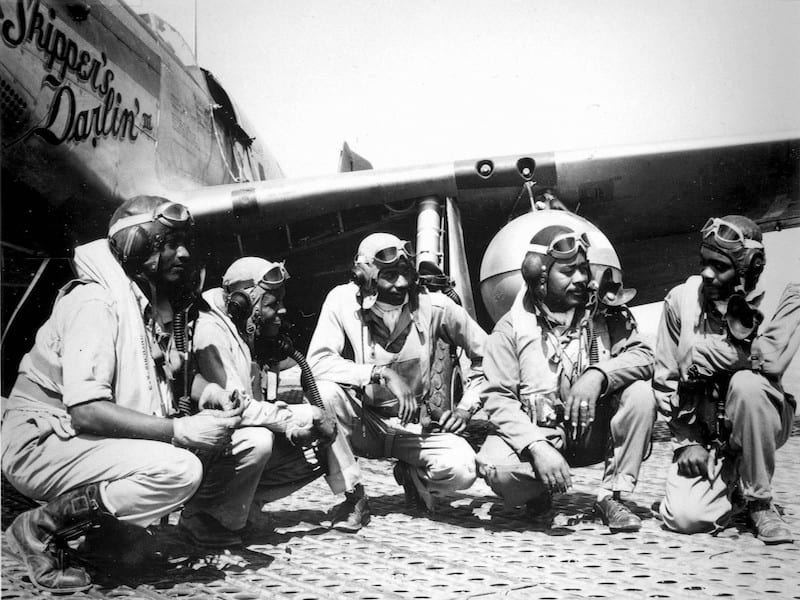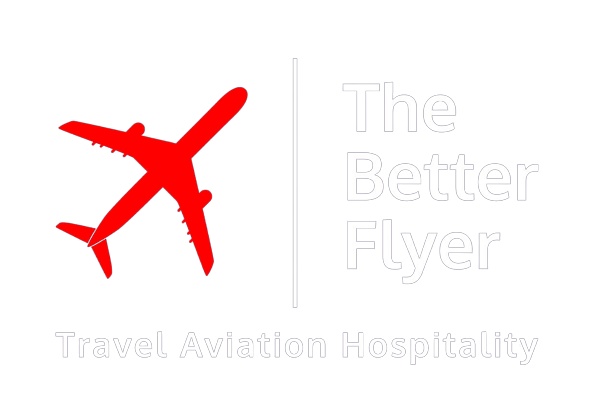

Let’s open up a can of worms. Let’s consider the expansion of the DEI concept into the field of aviation. I suspect this topic will cause some readers to get truly angry while others will applaud.
Neither reaction is warranted, of course. Injecting emotion into an intellectual discussion is rarely of value to the process of coming to a decision. Making a choice should be more evidence based. Invoking emotion invites ignorance to reign supreme.
Our feelings are informed by so many variables that have nothing to do with the topic at hand, regardless of the topic itself. We would do well to view potentially divisive issues like DEI dispassionately, with an eye toward reality rather than impressions.
DEI stands for diversity, equity, and inclusion. Individually these are three pretty benign words. Taken together they suggest a policy that some believe in deeply. Others resist the hypothesis with equal vigor.
Like all things living in the present tense, DEI’s acceptance or opposition is largely subjective. And subjectivity opens us up to all kinds of emotional reactions that have little, if anything, to do with the DEI issue itself.
As the man once said, you better check yo’ self before you wreck yo’ self. Yes, that’s an Ice Cube reference in a column about the intersection of social engineering and aviation. I’ll bet you didn’t see that coming.
The problem with subjectivity is that good people with sharp minds and open hearts can see the same issue from a variety of viewpoints. Some they agree with.
“Of course, aviation shouldn’t be restricted to only white men,” they proclaim.
They might even consider the suggestion of a differing opinion on that aspect of the movement to be narrow minded and bigoted.
That same person might find another variation on the theme to be troubling, however. And that’s where our problems thrive. Decent people can be tempted to adopt a knee-jerk reaction to others who appear to disagree with them. Even though that individual may be of the same opinion on a multitude of other closely associated topics.
We’re our own worst enemy when it comes to conflict resolution. We talk too much, listen too little, and rarely think beyond the superficial level that supports our initial beliefs.
How often do you change your mind on topics that are important to you? Consider that for a moment before reading on.
I mention this because a spate of news commentators have recently been either bemoaning or celebrating that DEI has taken up residence in the field of aviation. Comedians have incorporated the topic into their routines as well, suggesting that we’re now in the public arena in a way that is historically foreign to aviation.
The wider public’s view of aviation has traditionally been more focused on food, drinks, leg room, and whether they get to check their bags for free. Their opinion of hiring has rarely been an issue.
No, that’s not true. I wish it was, but it isn’t.


When Tuskegee Airmen returned from Europe following World War II they found their experience and dedication did nothing to open up a pathway to flying commercial airliners. Similarly, the women of the Women Airforce Service Pilots (WASP) found the doors of opportunity closed to them as well.


Not many years later the Mercury 13 program found that regardless of their ability to pass every test and excel at the very tasks deemed important to the work they sought, women were specifically excluded from being participants in the fledgling U.S. space program.
In none of these cases was the decision to bar the members of these groups based on their abilities, judgment, or past successes. They just didn’t look right. They didn’t fit the mold.
That historical reality suggests that, sometimes, the mold is incomplete. It’s been constructed inaccurately. In fact, the model we value so highly may from time to time be recognized as exclusive to the point of being nonsensical.
This is what appeals to me about aviation. In its purest form, aviation is a meritocracy. Individually, we can do it or we can’t. We meet the standard of performance or we don’t. That’s it. Nobody is too tall, too short, too blond, too bald, too pale, too dark, too whatever.
Note the word performance in that previous paragraph. Being given an opportunity to fly, to be an engineer, or a mechanic, or any other role in aviation isn’t about gender, or skin color, or national origin, or religious affiliation, or political stance. It’s about demonstrated ability. At least, it should be.
When someone climbs into the cockpit to guide an aircraft aloft, whether they’re flying solo or with hundreds of paying passengers behind them, we as a group should focus on just one issue. Have they demonstrated the ability to do the work safely? If they can, we would do well to open that cockpit door to them and welcome them into the fold.
That all seems pretty obvious, doesn’t it? When we focus on the issue itself, the standard of acceptance becomes fairly clear.
When we inject a few of the myriad variables that can trigger folks one way or another, that’s when the issue gets muddy, divisive, and begins to devolve into pointless arguments.
The reason for the division is not the unrepentant bigotry of the populace as a whole. Americans, by and large, are a socially flexible group. History has shown us time and again that our bias against one group or another passes eventually. The outsiders become part of the pack — accepted into the American collective, if not openly welcomed.
It’s time for us to put our individual anger and bitterness behind us. The talent pool of folks who are finding their way into aviation is growing. Some of these new entrants look familiar, some look different. It makes no difference. If they can meet the training requirements, gain the experience, and show proficiency in their chosen field, they deserve a green light from those of us who came before. More than that, they deserve our acceptance and encouragement.
After all, that’s what we needed to get where we are. Let’s pass that gift on with grace and dignity.

